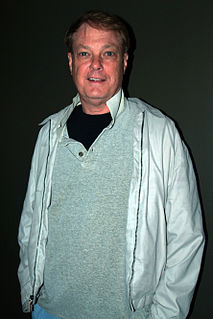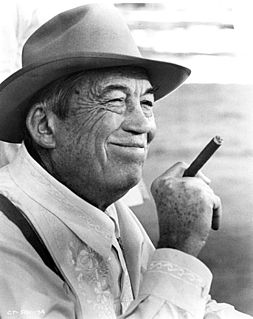A Quote by Robert Breault
It is a shame to see in the work of an artist the limitations of his critics.
Related Quotes
Clearly the hardest thing for the working artist is to create his own conception and follow it, unafraid of the strictures it imposes, however rigid these may be... I see it as the clearest evidence of genius when an artist follows his conception, his idea, his principle, so unswervingly that he has this truth of his constantly in his control, never letting go of it even for the sake of his own enjoyment of his work.
Every artist knows that there is no such thing as "freedom" in art. The first thing an artist does when he begins a new work is to lay down the barriers and limitations; he decides upon a certain composition, a certain key, a certain relation of creatures or objects to each other. He is never free, and the more splendid his imagination, the more intense his feeling, the farther he goes from general truth and general emotion.
The artist seeks contact with his intuitive sense of the gods, but in order to create his work, he cannot stay in this seductive and incorporeal realm. He must return to the material world in order to do his work. It's the artist's responsibility to balance mystical communication and the labor of creation.
Why was the painting made? What ideas of the artist can we sense? Can the personality and sensitivity of the artist be felt when studying the work? What is the artist telling us about his or her feelings about the subject? What response do I get from the message of the artist? Do I know the artist better because of the painting?
I like the idea of seeing a film that has the artist's hand in there,a film where you can see his strokes, you can see his working patterns. It's like going to a museum and seeing a Renoir drawing. You want to see their work and you want to see how they put it together. For me to see that in animation is really fresh, it's really exciting, it's really original.



































